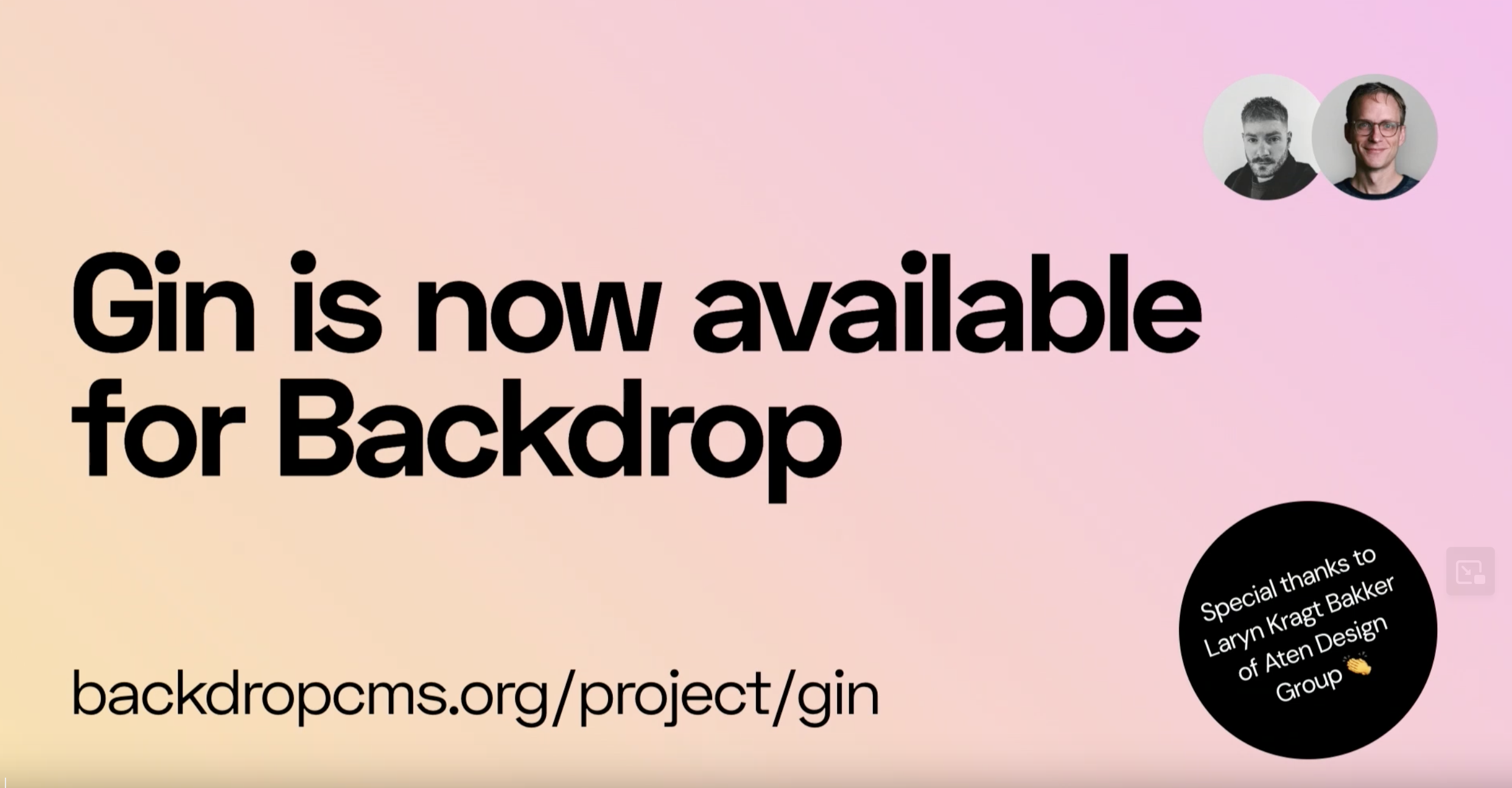CampusDrop: BackdropCMS for Education
Many universities are adopting Backdrop CMS for various reasons, with budget efficiency and flexibility being key factors. As financial and structural considerations become increasingly important, let's explore the features that can make the CampusDrop platform a strong choice for educational institutions (K-12, community colleges, and universities). We'll discuss flexible layouts with Layout Paragraphs, customizable content types, preset views, and display options, among other capabilities designed to meet the unique needs of educational organizations.
